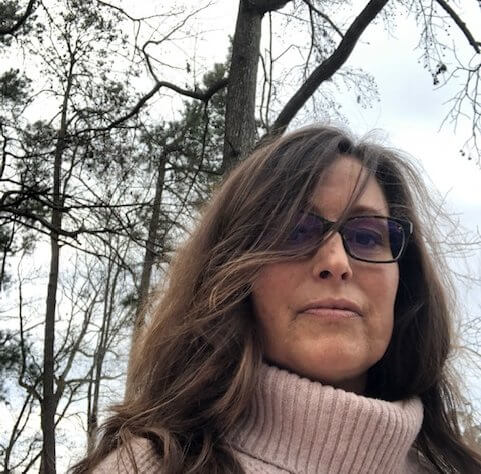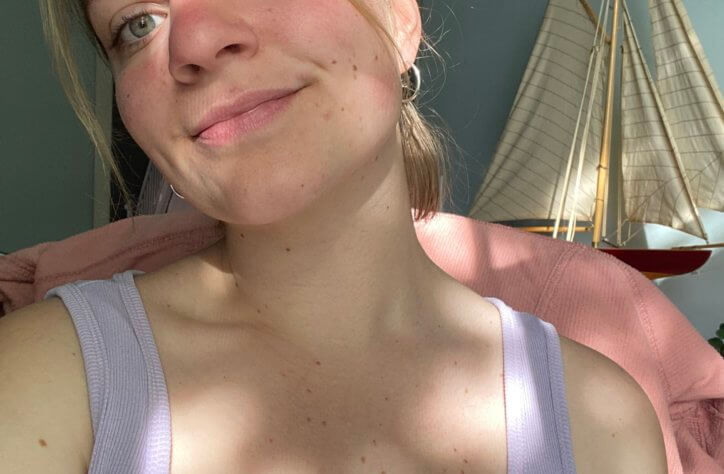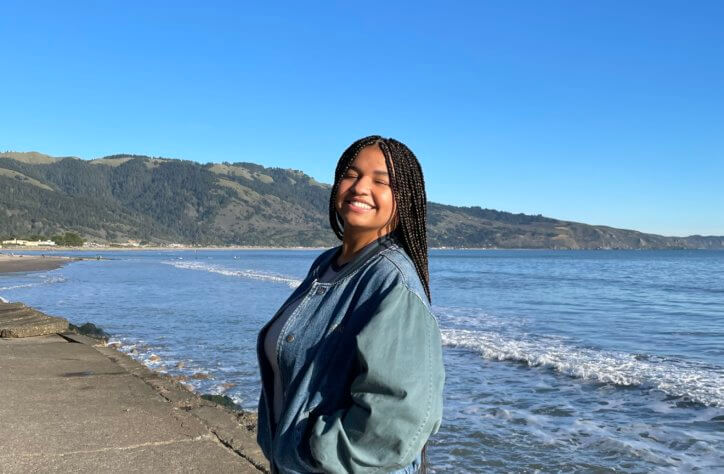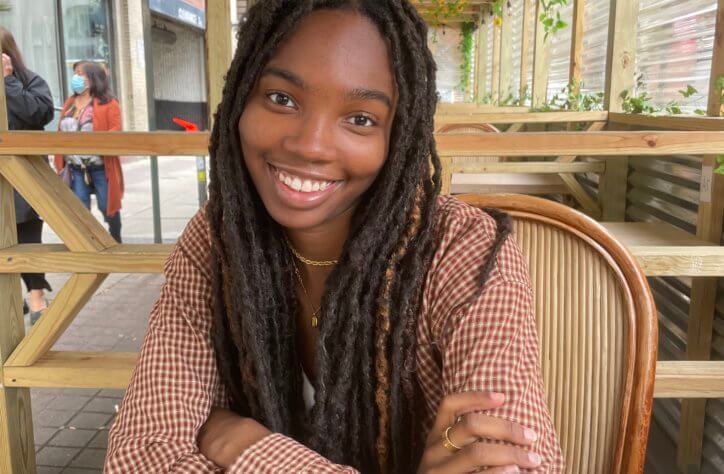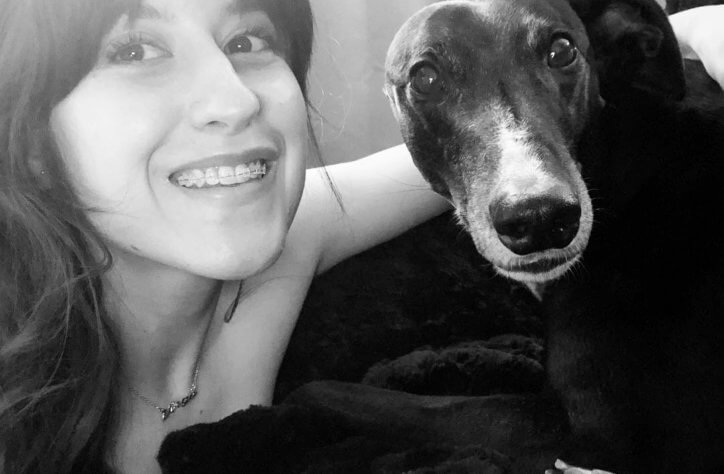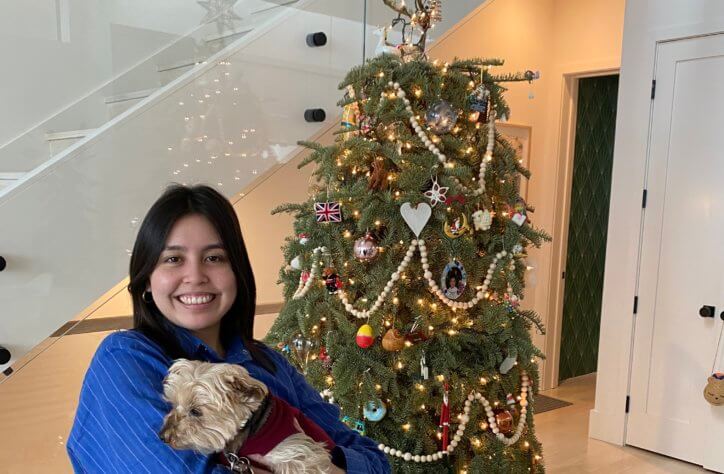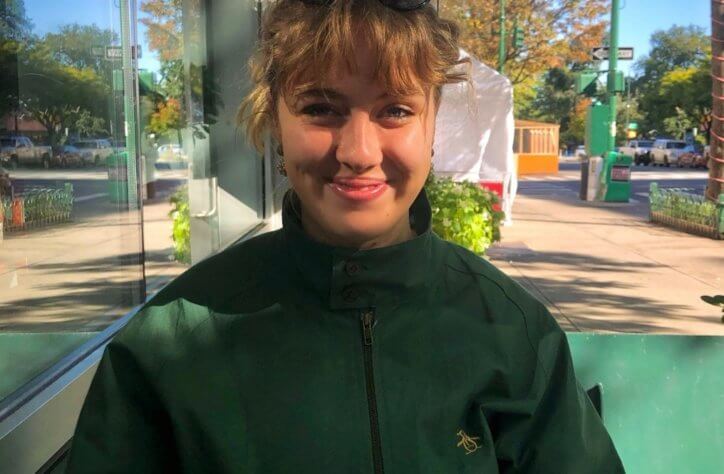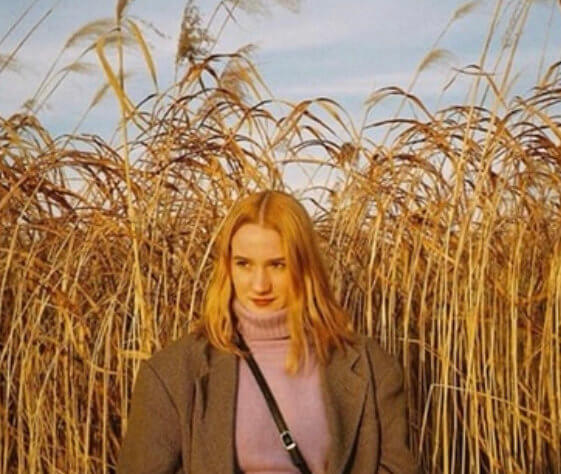It’s a dramatic cliché in a story about a late father, but I was a daddy’s girl – at least in my teens. My dad spent most of my early childhood – allegedly – as a pirate in curaçao. So when he came back; tanned, moustached, but without an eyepatch or hook for a hand, he felt like a stranger. It’d take many sarcastic remarks spoken over lasagna dinners for us to grow close again. But once we did, I couldn’t wait to spend Wednesday afternoons and alternate weekends on his cigarette-burned sofa. Here we would watch episode after episode of ANTM and Tabatha Takes Over, devouring bowls of chocolate mousse whilst commenting on unfortunate hairstyles; like a panel of snooty judges. He was the fun parent, who took me on shopping-filled vacations rather than paying alimony and allowed me to dye my hair brown after my mom explicitly forbade it. In hindsight, he wasn’t the most responsible. Not to mention brown, ironically, was an unfortunate hairstyle on me. But that’s exactly why I adored him.
And then one autumn, he suddenly lost his appetite. His lungs filled up with cancer, which made it painful to eat or laugh. So, he smoked his last cigarette in the hospice. Two days later he died.
What followed was an abundance of sadness, accompanied by an abundance of flowers. So many flowers that on one sunny afternoon, the postman congratulated me; I must have won some award to get all these floral felicitations. “No, her dad just died”, my mom corrected him. His face turned the colour of the bouquet of roses he shakily put down, as he mumbled his apologies and ran away. I then felt more sorry for the postman than for myself. But as time passed, so did my honey-mourning period; flowers stopped coming and people stopped feeling sorry for me. They, understandably, had their own lives to move on with. Yet, to me, my dad’s absence would always remain unforgettable. I’ve been told this is a common contradiction in mourning; desperately wanting to remember your loved one, whilst hoping to forget why that loved one is reduced to memories in the first place.
Nevertheless, my memories, grief and I had to continue our newly conjoined life – which now awkwardly clashed with my teenage surroundings. On my first day back at school, a boy I’d previously only spoken to in passing; intercepted me in the hallway, grabbed my hand and solemnly said: “I know how you feel, my hamster died of cancer too.” I laughed but having my peers mourn hamsters as I was mourning my father, ultimately felt isolating. Teenagers don’t usually lose loved ones prematurely; and if they do, a taboo on grief dictates they keep it private. So unsurprisingly, the experience is often overlooked by books, therapists and other emotional resources. The confusing in-betweenness that symbolises young adulthood clearly extends to loss, where the focus is either on adults with accomplished lives or on kids that can’t yet grasp secondary emotions. I was categorised as either one or the other; both expected to have financial maturity when talking inheritance; and asked to “paint a face that shows how you feel” by the Teletubby-like voice of a therapist. To the latter, I replied “I’m not a child!” with characteristic teenage defiance.
Although I didn’t feel – and arguably wasn’t – understood by my embarrassed postman, hamster- mourning schoolmate or Teletubby-therapist; I found empathy in others. After respectively losing a mother and father in the bitter timeframe of a year, my best friend and I remained with an innate understanding of each other. We know the songs or dates that break the other’s heart, accepting that at certain moments, our hearts will simply be broken. And then, six years after my father’s death and well beyond my teenage phase of defiance, I joined a support group. Its weekly meetings left me in a cocktail of exhaustion and invigoration, confusion and comprehension; like a wardrobe mid-tidying; when all the clothes are sprawled out across the floor.
Being surrounded by fellow mourners shakily voicing their stories, also voiced the depth of the taboo on mourning. We shared intimate anecdotes of crying in supermarkets or calling in sick at work. These places, ironically, mark a society that favours productivity, normalcy and easy consumption of everything – especially information. Here, the seemingly unproductive yet intimate and uncertain nature of mourning makes it something to be done alone, in private. Consequently, the pain of loss becomes invisible, taboo.
Although grieving is always a personal experience, it doesn’t have to be an isolating one. We need to break the taboo around grief; to encourage conversations, questions, personal experiences and more. Not just those of older adults, but of young people for whom grief isn’t expected to be a part of everyday life. This is why I’m sharing this story. I hope it makes you feel less alone.
